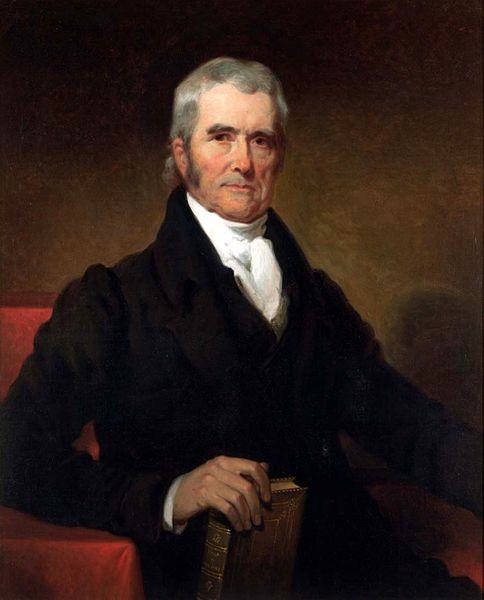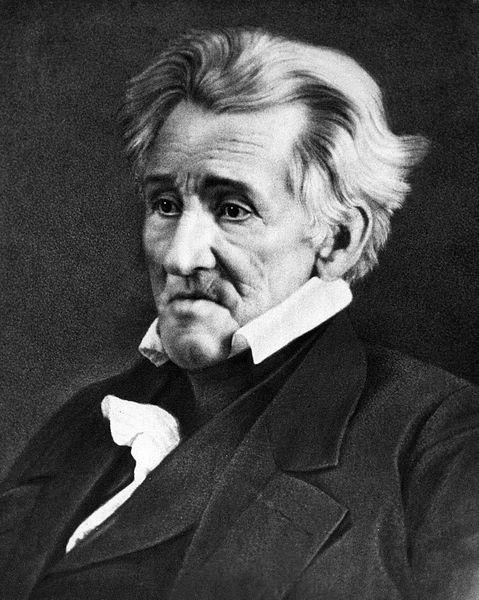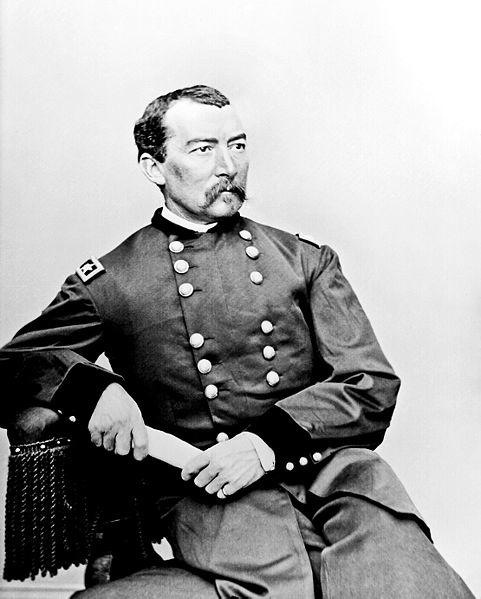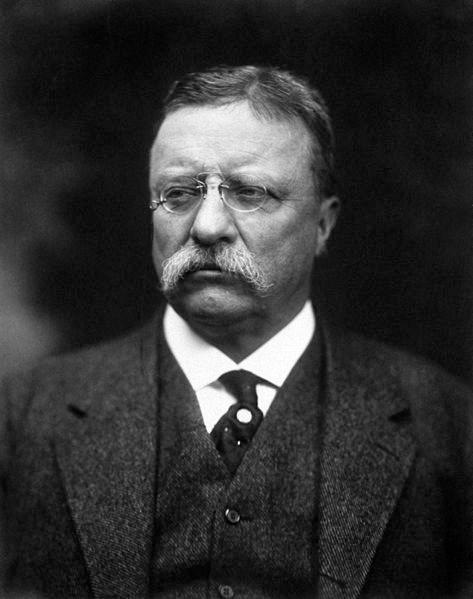These quotes about Indians from American leaders span from the 1750s to 1817.
CTMN Staff 7/10/13
-
Benjamin Franklin, from his autobiography, 1750s
“If it be the design of Providence to extirpate these Savages in order to make room for cultivators of the Earth, it seems not improbable that rum may be the appointed means.”
 Benjamin Franklin (Joseph-Siffrein Duplessis (1725–1802)/Wikipedia)
Benjamin Franklin (Joseph-Siffrein Duplessis (1725–1802)/Wikipedia) Orders of George Washington to General John Sullivan, May 31, 1779
“The immediate objectives are the total destruction and devastation of their settlements and the capture of as many prisoners of every age and sex as possible. It will be essential to ruin their crops in the ground and prevent their planting more.”

George Washington (Thinkstock)-
Governor William Henry Harrison, of the Indiana Territory (1800-1812) while defending displacement of the Indians
“Is one of the fairest portions of the globe to remain in a state of nature, the haunt of a few wretched savages, when it seems destined by the Creator to give support to a large population and to be the seat of civilization?”
 William Henry Harrison daguerreotype. (Wikipedia)
William Henry Harrison daguerreotype. (Wikipedia) -
John Quincy Adams, 1802, when rationalizing territorial imperatives as God’s will
“What is the right of the huntsman to the forest of a thousand miles over which he has accidentally ranged in quest of prey? Shall the fields and vallies, which a beneficent God has formed to teem with the life of innumerable multitudes, be condemned to everlasting barrenness?”
 John Quincy Adams (Library of Congress
John Quincy Adams (Library of Congress -
President Thomas Jefferson, The Papers of Thomas Jefferson, December 29, 1813
“This unfortunate race, whom we had been taking so much pains to save and to civilize, have by their unexpected desertion and ferocious barbarities justified extermination and now await our decision on their fate.”
 Thomas Jefferson by Rembrandt Peale in 1800. (Wikipedia)
Thomas Jefferson by Rembrandt Peale in 1800. (Wikipedia) -
James Monroe, in a letter to Andrew Jackson, October 5, 1817
“The hunter or savage state requires a greater extent of territory to sustain it, than is compatible with the progress and just claims of civilized life, and must yield to it. Nothing is more certain, than, if the Indian tribes do not abandon that state, and become civilized, that they will decline, and become extinct. The hunter state, tho maintain’d by warlike spirits, presents but a feeble resistance to the more dense, compact, and powerful population of civilized man.”
 Portrait of James Monroe, 1819. (Wikipedia)
Portrait of James Monroe, 1819. (Wikipedia) -
Chief Justice John Marshall, Johnson and Graham’s Lessee v. William M’Intosh, 1823
“The tribes of Indians inhabiting this country were fierce savages, whose occupations was war, and whose subsistence was drawn chiefly from the forest… That law which regulates, and ought to regulate in general, the relations between the conqueror and conquered was incapable of application to a people under such circumstances… Discovery gave an exclusive right to extinguish the Indian title of occupancy, either by purchase or by conquest.”
-
President Andrew Jackson, in his fifth annual message, December 3, 1833
“They have neither the intelligence, the industry, the moral habits, nor the desire of improvement which are essential to any favorable change in their condition. Established in the midst of another and a superior race, and without appreciating the causes of their inferiority or seeking to control them, they must necessarily yield to the force of circumstances and ere long disappear.”
-
General Philip Henry Sheridan, 1869
“The only good Indians I ever saw were dead.”
-
Commissioner of Indian Affairs, 1887
“This language which is good enough for a white man or a black man ought to be good enough for the red man. It is also believed that teaching an Indian youth in his own barbarous dialect is a positive detriment to him. The impractibility, if not impossibility, of civilizing the Indians of this country in any other tongue than our own would seem obvious.”
Theodore Roosevelt, The Winning of the West, Vol. I. 1889
“Nowadays we undoubtedly ought to break up the great Indian reservations, disregard the tribal governments, allot the land in severalty (with, however, only a limited power of alienation), and treat the Indians as we do other citizens, with certain exceptions, for their sakes as well as ours.”
Theodore Roosevelt, The Winning of the West, Vol. I. 1889
“The settler and pioneer have at bottom had justice on their side; this great continent could not have been kept as nothing but a game preserve for squalid savages. Moreover, to the most oppressed Indian nations the whites often acted as a protection, or, at least, they deferred instead of hastening their fate.”
Please Visit Our Relatives @ Refference: http://indiancountrytodaymedianetwork.com/2013/07/10/nice-day-genocide-shocking-quotes-indians-us-leaders-part-1-150362




